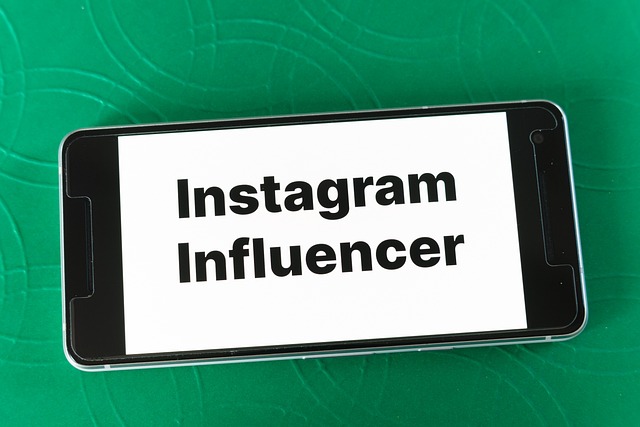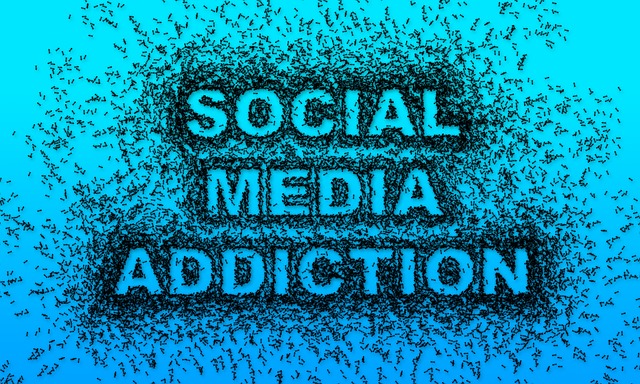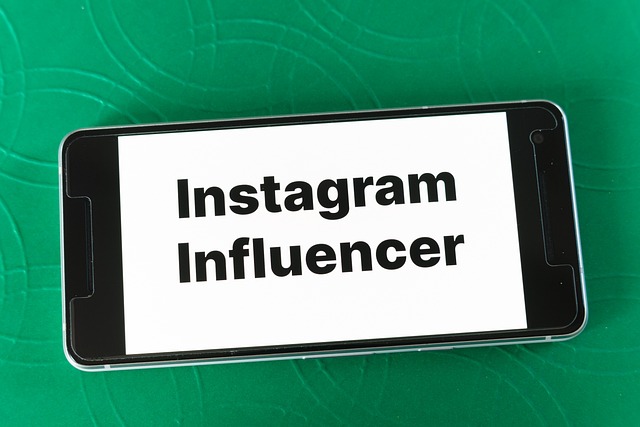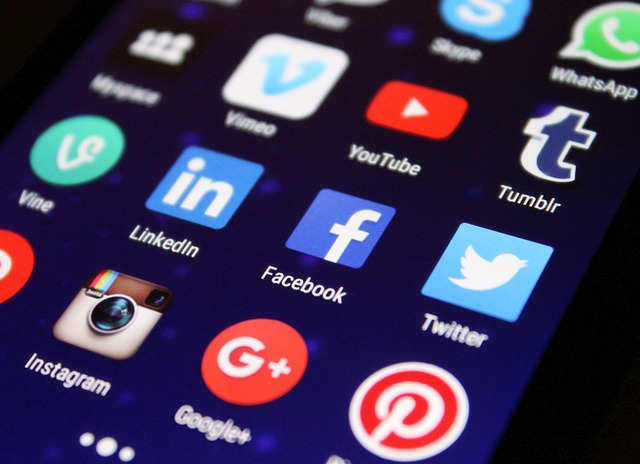In today’s digital age, social media has transformed the way we communicate, share, and consume information. The rise of social media platforms has given birth to a new era of marketing—an era heavily dominated by influencer marketing. The influencer marketing impact on consumer behavior and brand perception is undeniable, shaping not just individual choices but also broader trends within various sectors.
As social media continues to evolve, it has become clear that influencers wield significant power. They have the unique ability to connect with their followers on a personal level, establishing trust and authenticity that traditional advertising often lacks. This emotional connection leads to higher engagement rates, as consumers are more inclined to pay attention to recommendations from someone they admire or relate to.
The impact of influencer marketing can be seen across various platforms, with Instagram, TikTok, and YouTube at the forefront. Brands are increasingly recognizing that collaborating with influencers can yield a higher return on investment compared to traditional marketing methods. Influencers amplify brand messages through their creative storytelling and lifestyle content, making products and services feel more accessible to everyday consumers.
Moreover, the social media impact of influencer marketing extends beyond individual transactions; it plays a pivotal role in shaping societal norms and trends. For example, influencers often set fashion trends, beauty standards, and even dietary choices. Their opinions can sway public perception, driving conversation around critical issues like sustainability, mental health, and social justice. When influencers align with a cause or advocate for change, their reach can mobilize entire communities, making activism a part of daily social media discourse.
As we delve deeper into the world of influencer marketing, it’s essential to reflect on how this strategy has evolved and how it continues to adapt to the changing landscape of social media. The authenticity and relatability of influencers ensure that they remain relevant, but the challenges of navigating brand partnerships and maintaining follower trust also loom large. As the market becomes increasingly saturated with influencers, brands will need to be strategic in their collaboration to ensure that their messages resonate within the noisy social media space.
In conclusion, while social media is a powerful tool for connection and engagement, the influencer marketing impact takes it to new heights, helping brands connect with consumers in a meaningful way. Influencers have become voices of authority in their niches, guiding purchasing decisions and shaping the social media landscape. The symbiotic relationship between influencers and brands is set to continue evolving, highlighting the ever-growing significance of this unique marketing approach.




